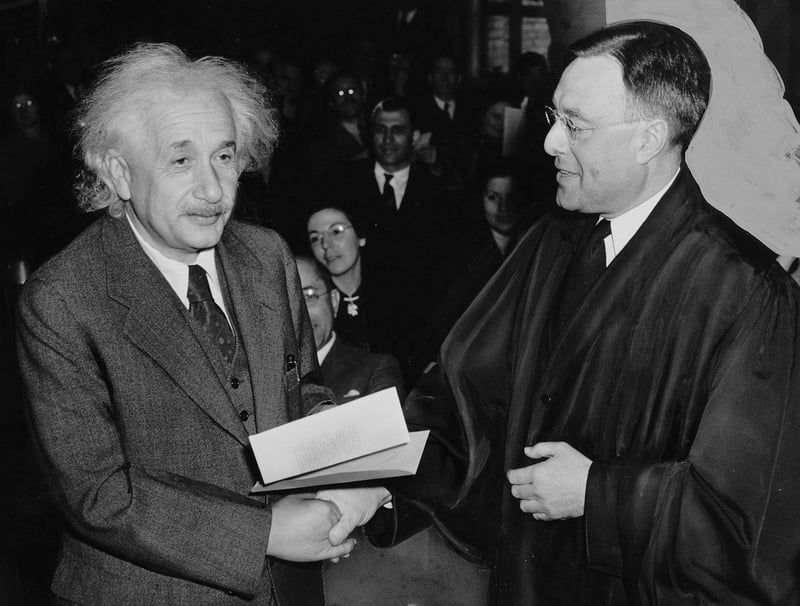Inventor Profiles
The Fascinating World of Time-Travel Mechanisms and Inventor Profiles
Introduction to Time-Travel
Time-travel has long captured the imagination of both scientists and fiction enthusiasts. The concept of moving backward or forward in time has been a popular theme in literature, movies, and scientific discussions. While time-travel remains a theoretical concept, researchers and inventors have explored various mechanisms and ideas to make it a reality.
Types of Time-Travel Mechanisms
There are several theoretical approaches to time-travel, each with its own set of challenges and possibilities:
- Wormholes: Wormholes are hypothetical passages through spacetime that could create shortcuts for travel through both space and time.
- Time Machines: Devices that could manipulate time by bending spacetime or utilizing exotic matter.
- Cosmic Strings: Long, extremely thin strands of energy that could theoretically be used for time-travel.
Notable Inventors and Their Contributions
Nikola Tesla

Nikola Tesla, known for his pioneering work in electricity and magnetism, also explored concepts related to time-travel. His experiments with high voltage and electromagnetic fields have inspired modern-day researchers in the quest for time-travel technology.
Albert Einstein

Albert Einstein's theory of relativity laid the foundation for understanding spacetime and the possibility of time dilation. His equations have influenced many time-travel theories and continue to be studied by physicists worldwide.
Stephen Hawking

The late Stephen Hawking made significant contributions to theoretical physics, including his work on black holes and the nature of the universe. His research touched on the concept of time-travel, sparking debates and further exploration in the field.
Conclusion
While time-travel remains a speculative area of scientific inquiry, the ideas and inventions related to this concept continue to intrigue and inspire researchers and enthusiasts alike. By delving into the work of notable inventors and exploring theoretical mechanisms, we can broaden our understanding of the universe and the possibilities it may hold.
